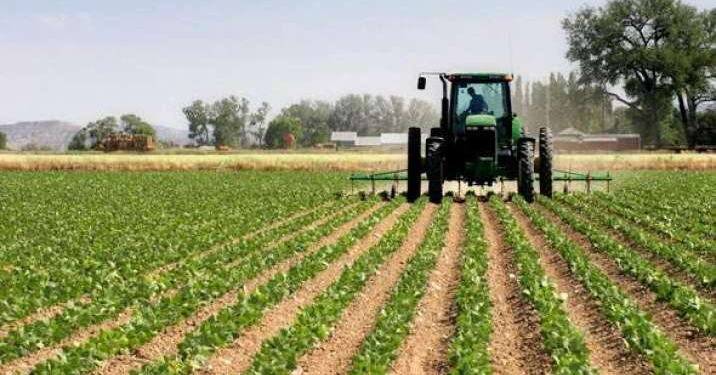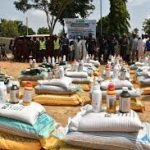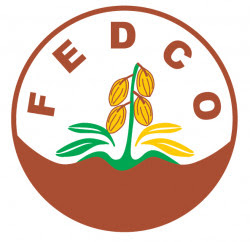Nigeria’s efforts to strengthen its food production capacity are gaining momentum as the federal government authorises the immediate disbursement of N30 billion under the National Agricultural Growth Scheme and Agro-Pocket (NAGS-AP) initiative. The Bank of Agriculture (BOA), which has been appointed as the custodian of all agricultural financing programme funds, says the directive will fast-track support to farmers, agro-dealers, and suppliers across the country.
The funding, representing the second tranche released by the African Development Bank (AfDB), is targeted at clearing outstanding payments from the 2024 dry and wet season programmes. BOA confirmed that the payout is part of a broader plan to stabilise Nigeria’s food supply chain and reduce the sector’s dependence on ad-hoc interventions.
BOA’s Managing Director, Ayo Sotinrin, described the development as a defining moment for Nigeria’s agricultural economy. He explained that the initiative goes beyond financial aid, positioning farmers and agribusinesses to transition from subsistence operations to profitable, large-scale enterprises. “This is more than just a fund; it is a bold commitment to ensuring our nation’s food security. By working closely with the NAGS-AP team, we are cutting through bureaucratic delays to get payments directly to agro-dealers and suppliers,” Sotinrin said.
To accelerate the process, BOA has introduced a streamlined payment system designed to complete disbursements to eligible beneficiaries within 24 hours. The bank will also issue weekly progress updates until all payments are finalised. As part of the new framework, pre-qualified agro-dealers and suppliers must meet key requirements to receive payments. These include having an active BOA account, prior selection under the NAGS-AP scheme before 2025, and at least one previous payment under the programme. Registration remains free and can be completed online.
Judith Ekwebelem, BOA’s external media relations lead, emphasised that the directive reflects the government’s intention to treat agricultural funding as a top priority. She added that the new system will strengthen the food value chain by removing payment delays that often stall input distribution and disrupt production cycles.
The Minister of Finance and Coordinating Minister of the Economy, Wale Edun, has also instructed that the entire process be treated with “the highest priority,” underscoring the critical role of food security in Nigeria’s economic stability. The N30 billion allocation, experts say, could also enhance confidence among agro-dealers and suppliers, encouraging further investment in input supply chains.
The latest intervention builds on broader reforms aimed at improving Nigeria’s agricultural financing ecosystem. By aligning funding mechanisms with digital platforms and clear eligibility criteria, the government and BOA hope to reduce leakages, ensure accountability, and make future disbursements more predictable.
For thousands of smallholder farmers and SMEs in the agricultural sector, the accelerated rollout of the NAGS-AP fund could mean timely access to inputs, increased yields, and a pathway to scale their operations, a crucial step in tackling food inflation and boosting rural livelihoods.










